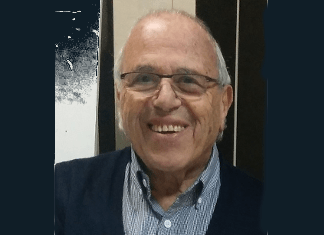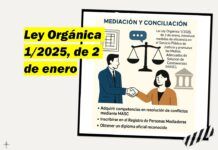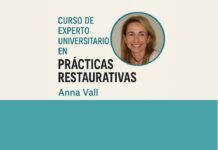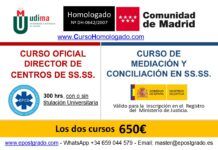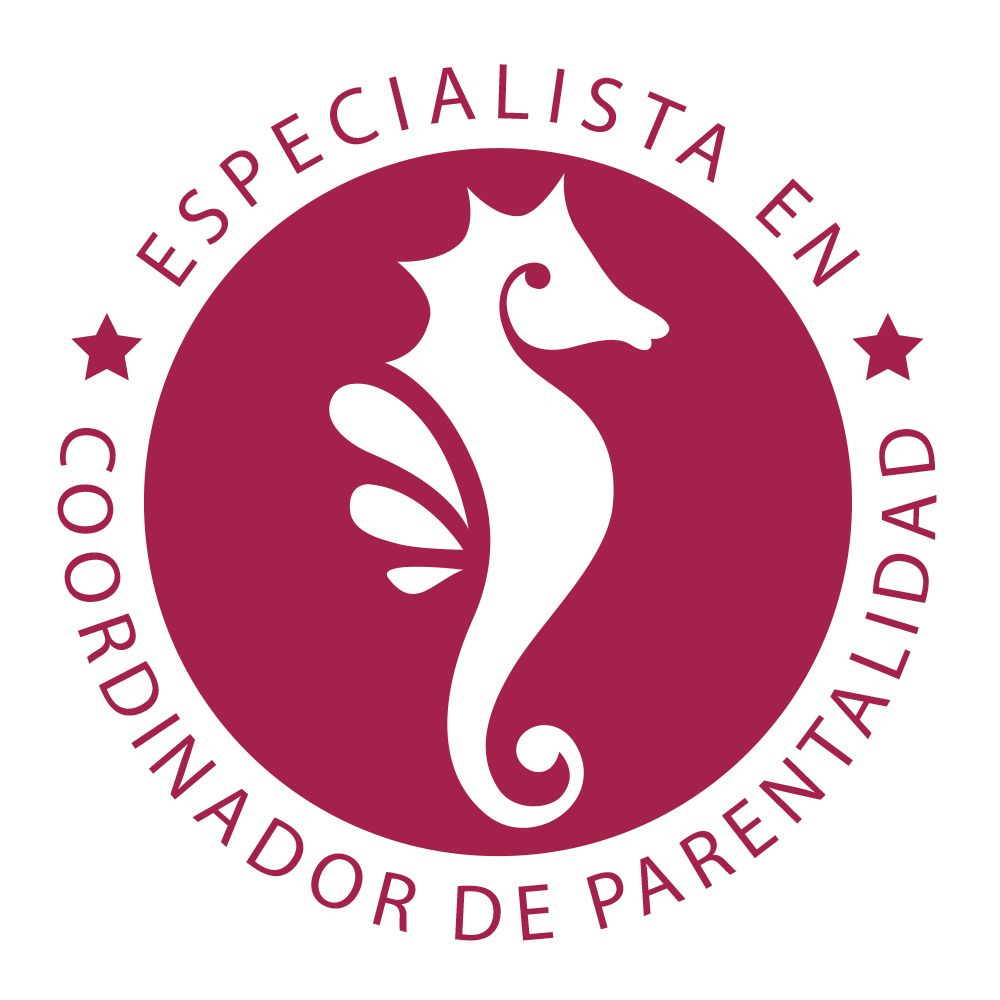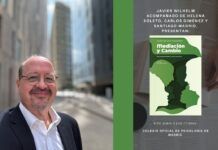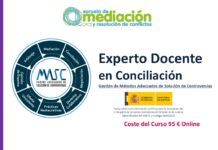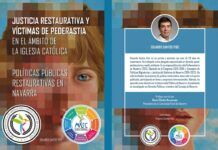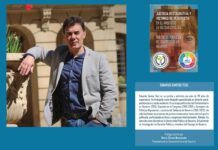David Silvera has been involved in the movement to introduce and develop mediation as an alternate form of dispute resolution in Israel since 1998. In 1986, he established Silpar (Israel) Ltd., which provided consulting services to businesses in Israel and the United Kingdom.
- Doctor of Political Science (Ph.D.)
- Executive Board member of the Association of Israeli Mediators and since 2005 – its Chairman.
- Deputy president of the Israel Adult Education Association affiliated to the EAEA (The European Association for Adult Education).
- Executive member of the Association for the United Nations for Israel.
Member of the presidium, the Israel Association of the Periodical Press , affiliated to the International Federation (IAPP). - Member of the Executive Council of the Israel Adult Education Association, (IAEA) and Editor-in-Chief of the IAEA website.
- Former executive director of the World Sephardic Federation of Great Britain and the Commonwealth.
- Former director of the Central Israel School of Tourism.
Youth & Adults interested in dispute and conflict resolution, peacemaking, facilitation, tolerance, dialogue, inclusion, restorative justice, violence prevention, social justice and related fields, should be aware of the importance of Mediation & Conflict Resolution for achieving Youth & Adult Education targets and stressing the idea and importance of Lifelong Learning.
Lifelong learning, also known as «LLL», is the “lifelong, life wide, voluntary, and self-motivated” pursuit of knowledge for either personal or professional reasons. As such, it not only enhances social inclusion, active citizenship and personal development, but also competitiveness and employability. (From Wikipedia, the free encyclopedia)
The term recognizes that learning is not confined to childhood or the classroom, but takes place throughout life and in a range of situations, in order to be able to confront change & development, as was described in Spencer Johnson book: «Who moved my cheese?»
The world is changing. Who are we? What opportunities can Youth and Adult Education derive from the integration of non-formal learning such as Mediation & Conflict Resolution and their effect on their abilities to negotiation, technology and teaching?
Human rights are universal, indivisible and interdependent. Human rights are what make us human.
Therefore, how come that some see us as inhuman? Unreasonable?
Why do minor irritations become major confrontations? Why do we get caught in the same negative patterns of behavior every time we experience conflict?
When we speak of the right to life, or development, dissent and diversity, the right to Education for all, we mean tolerance. Tolerance ensures freedom. Without it, we can be certain of none. Tolerance is of crucial importance in inter-cultural relations & dialogue because it enables us to understand our behavior in conflict situations.
The pattern of our behavior and how we handle conflict shapes our conflict management style and the way it is expressed in negotiations, which differs from the youth (usually inexperienced) or the adults (experienced).
The two types of negotiation in conflict resolution are either competitive or collaborative, each has its distinctive system of approach & dealing. It can be learned as Roger fisher & William Uri wrote in their leading book “Getting to yes”, published by the School for Negotiation at Harvard University. (1981)
When we recognize our conflict resolution style, we can learn when this style works for us and when it does more harm than good.
In order to more clearly understand our conflict management style, we should learn the methods and technique of mediation, which include immediate tools of better communication techniques. e.g. effective listening , mirroring, distinguishing between positions and interests and creating options toward win-win solutions.
In order to reach a BATNA (Best Alternative To a Negotiated Agreement) rather than the WATNA (Worth Alternative to a Negotiated Agreement).
People from all walks of life and professions can find in mediation the philosophy of life and the teachings of collaborative rather than competitive negotiation.
When one studies Mediation & Conflict Resolution, one can gain a greater understanding of the unlimited personal ability, inclusion in community, society and enrolment as active citizen, contributing to common targets as an equal part of community.
Adult learning and youth education , in short seminars , can assist every learner to determine his conflict management style in inter-relations, and learn how to deal with someone else’s conflict management style also between communities , political & international conflicts.
Any one who studies mediation will learn the most appropriate way to deal with conflict situation in the future. As conflicts can empower a person and can build bridges for dialogue and understanding.
Mediation is a voluntary, non-binding, private or public dispute resolution process in which a neutral person the mediator, helps the parties to reach a negotiated settlement. Sometimes to agree not to agree.
Mediation is voluntary in the sense that, in the vast majority of cases, it takes place as a result of the parties agreeing to enter the mediation process and its procedures.
As a result of vast Immigration and the diversity of ethnic groups, Israel is a multicultural society, which uses the mediation tools to my mind, not sufficiently, to tackle conflicts.
Building consensus by mediation, conflict resolution and conflict management is very important for the stability and unity of the Israel society, and I think, that this trend should be encouraged and followed in other countries too.
In Israel, mediation is accepted and encouraged as a profession and as a philosophy of life.
Full time mediators, receive disputes privately as well as from the courts. The agreements reached get the courts consent as the judge gives the agreement reached a verdict.
Therefore, mediation helps the courts reduce a load of cases, in a much friendlier environment and makes it worthwhile for the disputants.
Teaching mediation as part of the targets of Adult Education is therefore essential.
In conclusion
I strongly believe that in the turbulent reality we live in today, mediation can be implemented as a way to enhance our quality of life.
Dr. David Silvera – Accredited International Mediator & IMI Certified Mediator
Silpar (Israel) Ltd.

